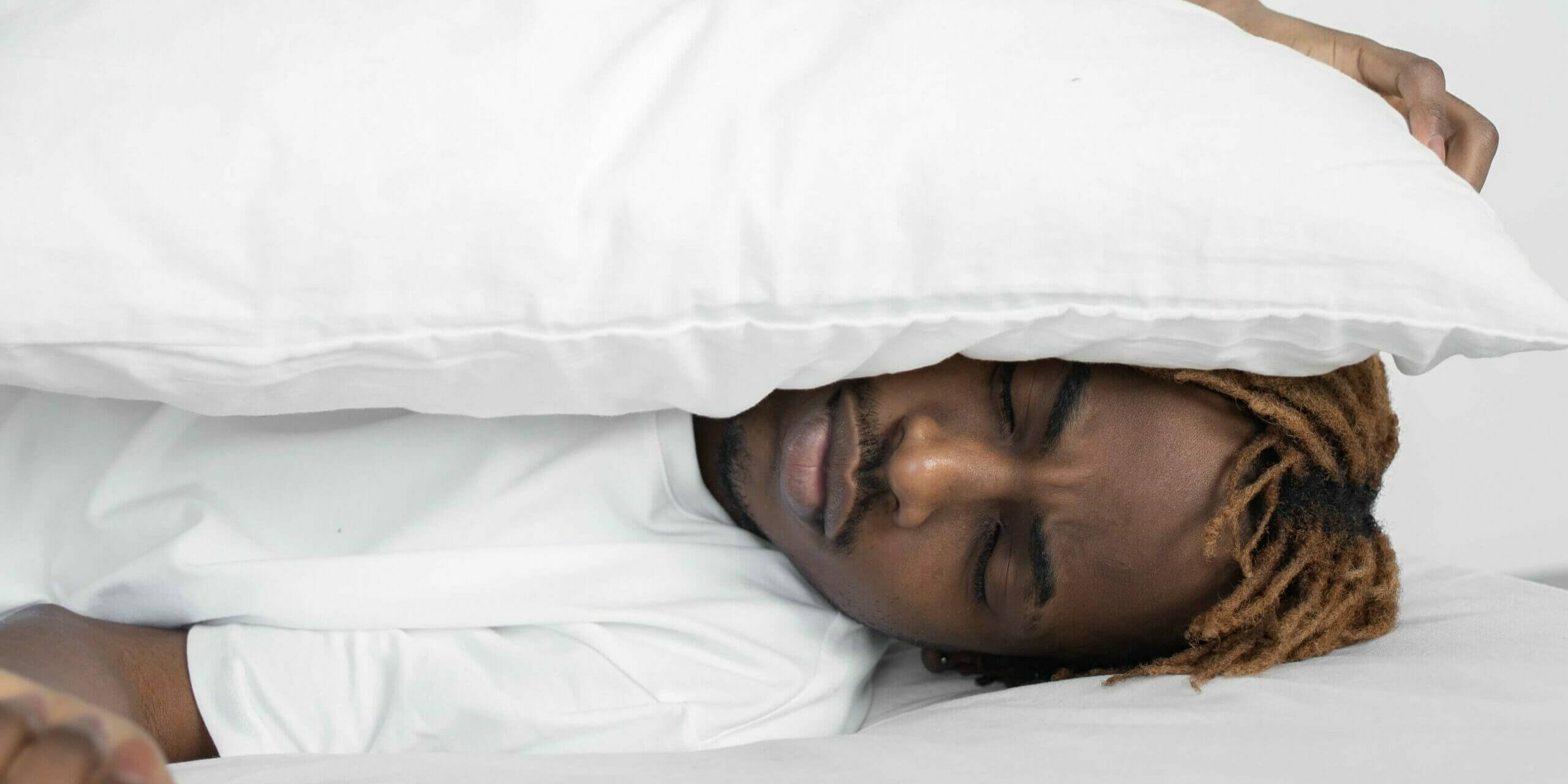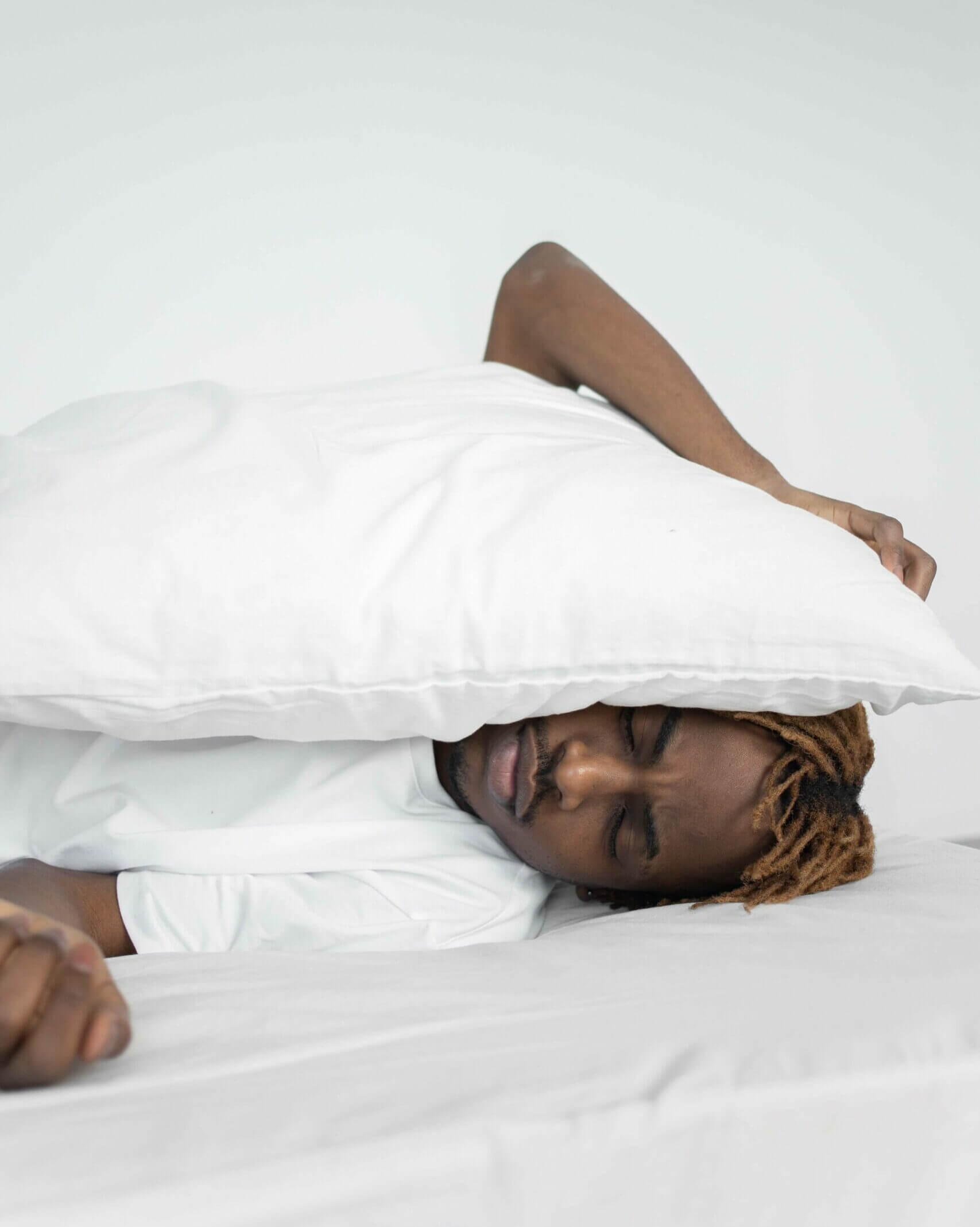
Many circumstances can promote or trigger sleep onset and sleep maintenance disorders. Examples are:
Medical cannabis can not only help you fall asleep faster, but it can also help you sleep longer. It can also reduce stress and have a calming effect during the day. Since sleep disorders often occur as a concomitant symptom of a major disease such as chronic pain syndromes, cannabinoid therapy often provides strong relief of both conditions. The cannabinoids THC and CBD from medical cannabis can provide a sound and restful sleep. They can have a calming effect that reduces your stress and allows your body to rest. Medical cannabis can be particularly low in side effects compared to traditional sleep medications. Cannabinoid therapy often allows patients to finally get a solid night’s sleep. You can do it easily from home.
Many circumstances can promote or trigger sleep onset and sleep maintenance disorders. Examples are:
Medical cannabis can not only help you fall asleep faster, but it can also help you sleep longer. It can also reduce stress and have a calming effect during the day. Since sleep disorders often occur as a concomitant symptom of a major disease such as chronic pain syndromes, cannabinoid therapy often provides strong relief of both conditions.
The cannabinoids THC and CBD from medical cannabis can provide a sound and restful sleep. They can have a calming effect that reduces your stress and allows your body to rest. Medical cannabis can be particularly low in side effects compared to traditional sleep medications. Cannabinoid therapy often allows patients to finally get a solid night’s sleep. You can do it easily from home.

Calming effect
Better sleep quality
Not only can it improve their sleep quality, but it can help them sleep faster and, more importantly, longer
Copyright ©2023 Alphaplant Pharmaceutical (PTY) Ltd. All Rights Reserved. Regulated and monitored by the South African Health Products Regulatory Authority (SAHPRA) with license number: 0000000041MC Ð v2. For any questions please contact info@alphaplant-pharma.com